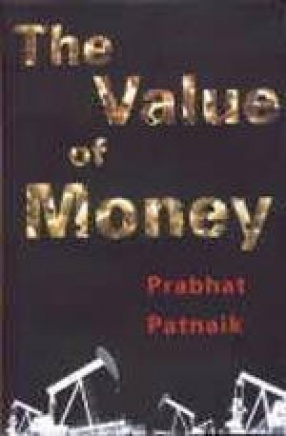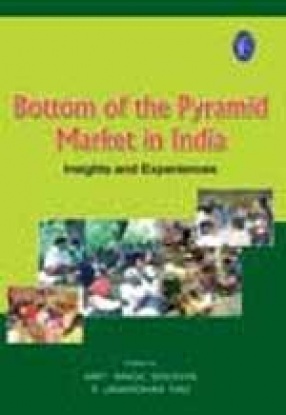There is a basic divide in economics on the answer to the question: what determines the value of money vis-a-vis non-money commodities? One answer is the monetarist one: the value of money in any period is determined by its demand and supply. The other answer states that the value of money is fixed from ‘outside’ the realm of demand and supply, whether by the relative quantity of labour embodied in it (Marx), or because some commodity’s price is fixed in terms of it (money wages in Keynes). The tradition offering this latter answer, to which both Marx and Keynes belong, is christened the ‘Propertyist’ tradition in this book. This basic divide logically entails two entirely different economic world-views. Monetarism, to be logically consistent, must preclude any role for money as a form in which wealth is held; it can cognize money only as a medium of circulation. By precluding the role of money as a form of wealth-holding, monetarism also precludes any possibility of ‘involuntary unemployment’ (Keynes) or ‘overproduction crises’ (Marx), and hence invariably sees the capitalist economy as spontaneously achieving ‘full employment.
Vital Concepts in Astrology
$13.50
$15.00






There are no reviews yet.